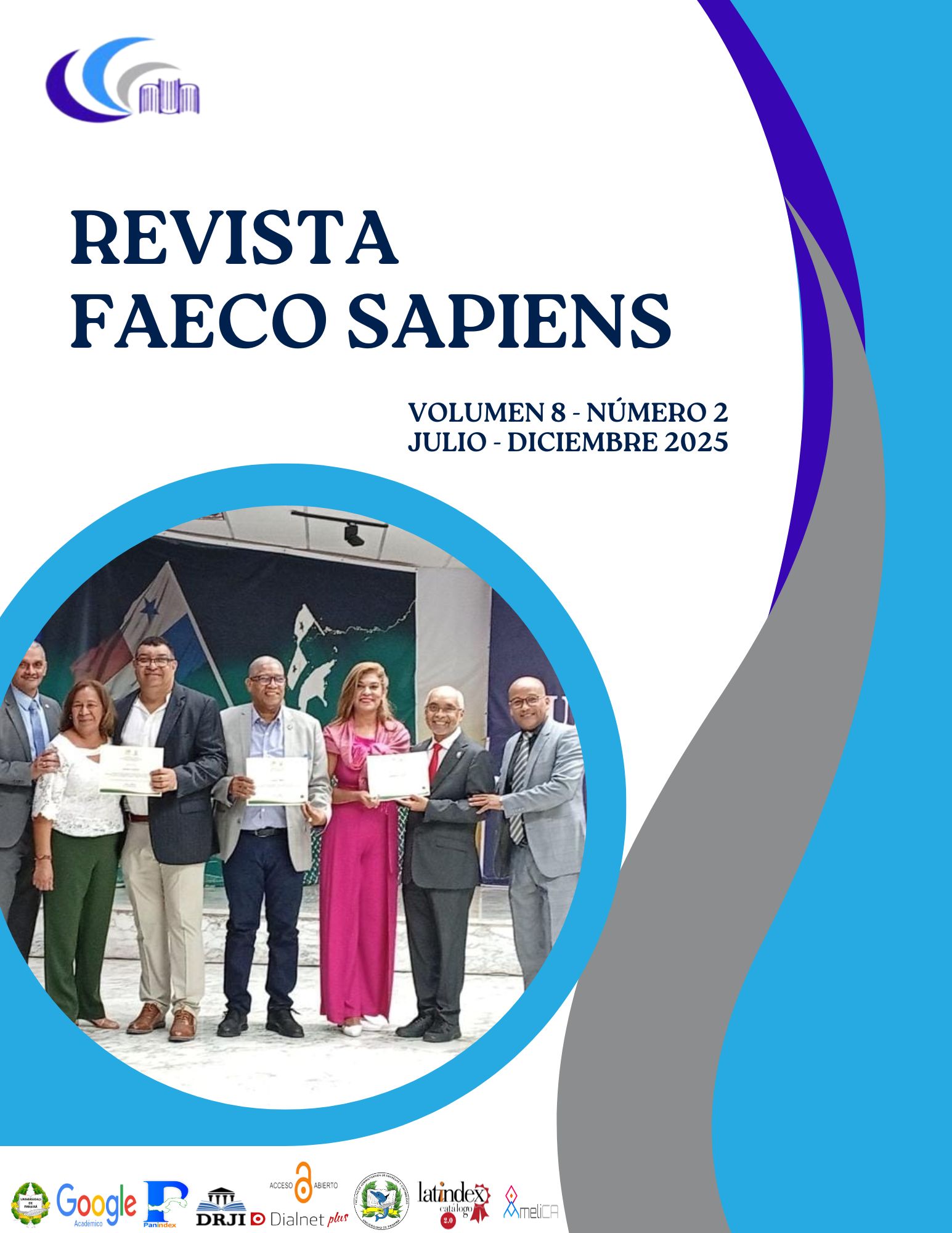

Copyright (c) 2025 Revista FAECO Sapiens

This work is licensed under a Creative Commons Attribution-NonCommercial-ShareAlike 4.0 International License.
The general objective of this article is to propose a guide on the role of accountants in the prevention and detection of fraud in organizations. It presents a quantitative approach, with a descriptive and field typology. The population consisted of 115 subjects and a simple probability sample of 32. The data analysis technique used was descriptive statistics, generating a Cronbach's coefficient of 0.80. The p-value = 0.02 (p-value) is lower than the significance level (?), which is usually 0.05, so the null hypothesis is rejected. Relevant conclusions were obtained: Accountants in government entities do not actively participate in the implementation of internal controls aimed at preventing fraud. Furthermore, they do not conduct forensic audits to detect potential irregularities within the entity. Nor do they conduct forensic audits that could help identify irregularities within the organization. These conclusions led to the recommendation of a guide based on the role that the accountant-auditor should assume in Panama.